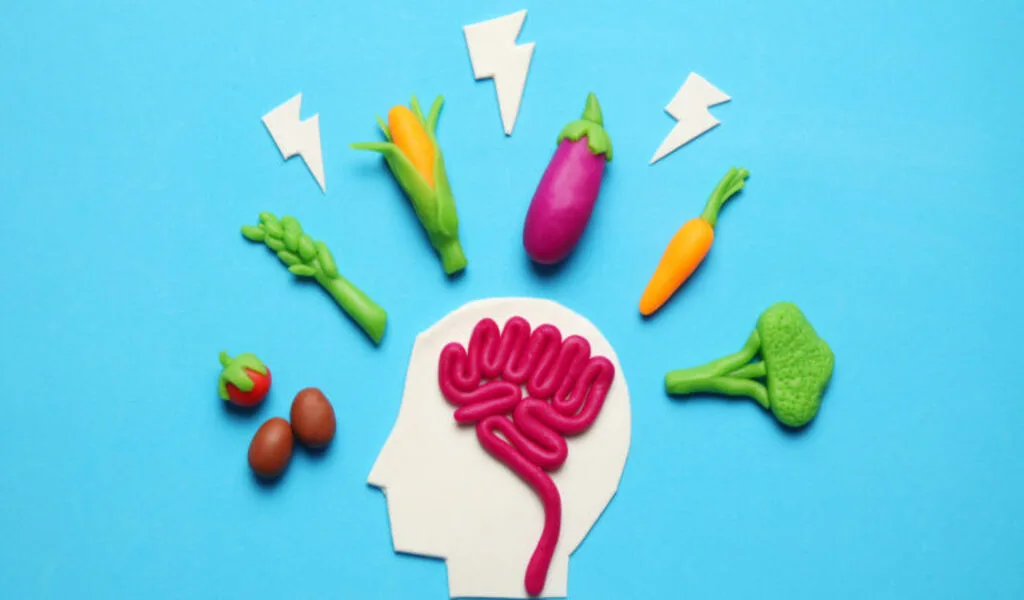Health
Obesity Impairs Brain Responses To Nutrients, Even After Weight Loss

(CTN News) – According to the latest study, brain responses to nutrients in the gut are impaired in people with obesity, and these impairments persist even after they lose weight, adding to mounting evidence that obesity has a complex and persistent biological effect.
Brain imaging revealed that people without obesity experienced reduced activity in areas of their brain involved in food intake after receiving nutrients, suggesting the brain is signaling them that they have received food and do not require more.
A study published in Nature Metabolism on Monday found that those changes were not detected in obese individuals.
Although obesity has traditionally been viewed as an individual’s inability to consume less food, there is increasing recognition that is rooted in biological mechanisms, and that interventions such as dieting are not effective in achieving long-term weight loss.
Consequently, new drugs have been developed that have helped people lose substantial amounts of weight, such as Wegovy, Ozempic, and Mounjaro.
According to Mireille Serlie, a professor of medicine at Amsterdam University Medical Center and Yale University and senior author of this study, obesity is not simply a matter of lack of willpower.
The sensory perception that food is present in the body and the brain’s response to it differ in people with obesity, she explained.
There is a biological process at work that explains why people struggle so much with obesity and why it is so hard to lose weight.
Among the participants in the study, 28 were without as defined by a body mass index (BMI) below 25, whereas 30 were diagnosed with obesity as defined by a BMI greater than 30.
It was demonstrated that the brains of participants were influenced solely by nutrients present in the stomach, without distortion by any brain responses resulting from looking, smelling, or tasting food, by infusing tap water (as a control), glucose (sugar), and lipids (fats) directly into their stomachs.
According to the study, individuals without obesity had reduced activity in regions of the brain that are involved in regulating eating behavior, whereas individuals with did not have any changes.
The researchers then focused on specific subregions of the brain associated with food intake, called the striatum, and found that people without obesity had lower activity levels, while people with obesity had no changes.
Afterwards, the researchers used a different imaging method called SPECT to examine dopamine release, which helps signal reward from food and plays a role in motivating eating behavior.
It was found that sugar induced dopamine release in both groups, but fat induced dopamine release only in those who were not obese and not in those who were obese.
SEE ALSO:
A New Life with Alcohol Detox Program at the Innovo Detox Center






























